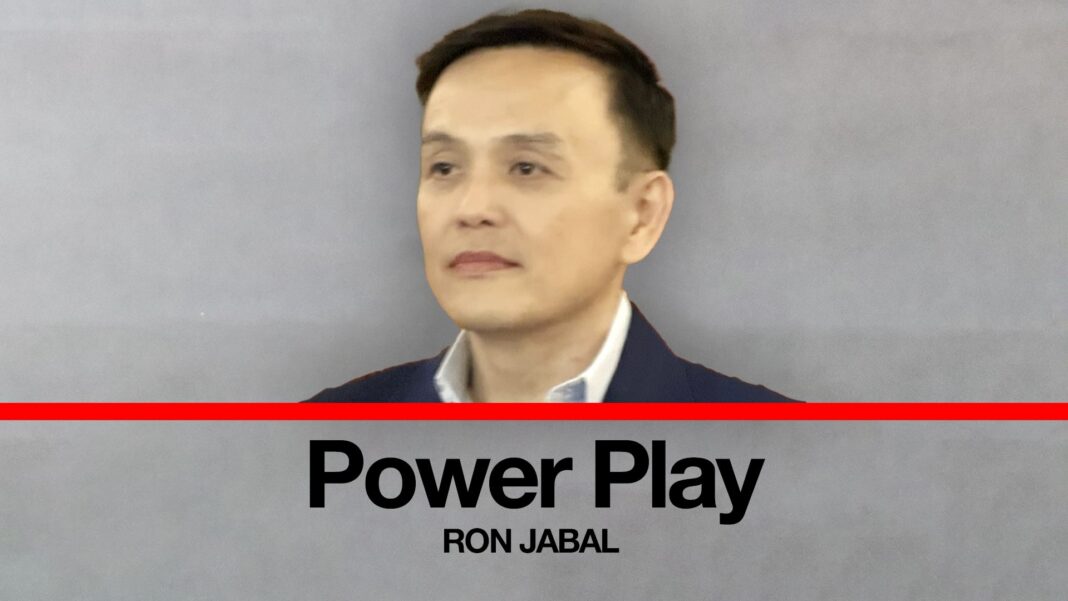President Ferdinand Marcos Jr.’s recent appointment of a fifth secretary to lead the Presidential Communications Office (PCO) signals both an urgent reset and a quiet crisis. While turnover in top posts is not uncommon, a revolving door at the helm of government communications suggests deeper institutional instability. In an administration that has branded itself as the architect of a “Bagong Pilipinas,” consistency, credibility, and coherence in communication are non-negotiable. Yet, that is precisely what has been missing.
The Marcos administration enters its second half amid a complex landscape: rising geopolitical tensions, stubborn inflation, declining trust in traditional institutions, and an increasingly fragmented digital public. Add to that the intensifying political fault lines as the rift with the Dutertes deepens, and what you have is a presidency that must now play both offense and defense. In this environment, the PCO must evolve from being a passive transmitter of speeches to a strategic nerve center of narrative, trust, and influence.
First, the PCO must clarify its mission. Is it a just press office? A digital media factory? A political arm? Or a national information agency? The blurring of these roles has not served the office, or the president, well. The new PCO leadership must define what success looks like beyond virality and coverage metrics. It must prioritize narrative cohesion, public trust, and institutional relevance over daily social media “engagement.”
Second, it must master strategic listening. In a time of information overload and political fatigue, Filipinos want to be heard, not just talked at. The PCO should institutionalize regular sentiment analysis, stakeholder mapping, and feedback loops, not just from allies and trolls, but from legitimate civic, business, and grassroots sectors. It should understand what makes Filipinos anxious, hopeful, angry, and inspired, and use those insights to craft messages that connect, not just inform.
Third, it must professionalize its ranks. A communication office is not a political spoils system. It requires seasoned media managers, data scientists, content strategists, and policy communicators, not just social media handlers or loyal operators. Institutional memory, technical skill, and ethical grounding must be part of the DNA if the PCO is to steer public opinion during crises, elections, or policy shifts.
Fourth, the PCO must champion transparency. The Marcos administration has been heavily criticized for its perceived opacity on foreign trips, intelligence funds, and decision-making. A credible communication office should not merely protect the president’s image; it must protect the integrity of public discourse. This means proactively disclosing key policy directions, budgets, and rationales. Credibility is earned not by spin, but by substance.
Finally, the PCO must insulate itself from factional politics. The power struggle between the Marcos and Duterte camps, including potential 2028 ambitions, must not hijack the nation’s communication machinery. The PCO should serve the presidency, not palace intrigue.
If this fifth PCO secretary is to succeed, the mandate must go beyond managing perception. It must be about restoring faith in government messaging. Because in a democracy on edge, how we communicate can mean the difference between cohesion and collapse.
#PowerPlay #PoliticoPH #MarcosAdministration #PCO #PublicTrust


